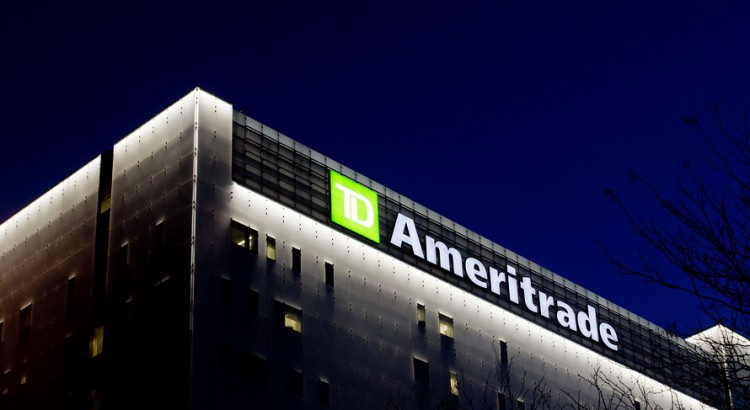As the stock market climbed this year, smart-beta ETFs have attracted billions in new assets. To date, these funds, which combine the low costs of indexing with rules-based investing, have seen $37.6 billion in net new cash.
Of the funds categorized by Morningstar Inc.—called “strategic beta”—the 10 largest have attracted $15.5 billion this year. Several are single-factor funds, such as Vanguard Value ETF (VTV), which has seen an estimated $4.3 billion in net new money, and others are complex smart-beta funds. Complex smart-beta funds are funds that use multiple factors or invest in several asset classes, and they have also attracted plenty of new money. First Trust Nasdaq Bank ETF (FTXO), for example, has seen $1 billion in net new cash. The fund uses three price factors to pick bank stocks.
For all new ETFs, the growth is dependent on getting and keeping new assets by attracting institutional investors, such as advisers, as well as long-term individual investors.
Investing in Smart-Beta ETFs Involves Risk
However, there is a risk with investing in ETFs. Multifactor smart beta funds that strive to reduce risk will generally produce lower returns than more aggressive funds and can be a tougher sell. Volatility-linked, exchange-traded products are meant to be used as short-term holdings that degrade significantly over time and should not be used as part of a long-term buy-and-hold investment strategy.
There have been several recent cases reported of brokers and brokerage firms recommending ETFs and ETNs to the detriment of the customer. As a result, FINRA has issued several regulatory notices to remind firms of their obligations when selling these securities.
Have You Lost Money in ETFs?
If you have lost money investing in ETFs or believe you have been the victim of stockbroker misconduct, you may have certain legal rights that require your immediate attention.
Call an Investment Fraud Attorney Today
If you are looking for an investment fraud attorney to review your rights and options, the investment fraud lawyers at Dimond Kaplan & Rothstein, P.A. have recovered more than $100 million from banks and brokerage firms for their wrongful actions.
With offices in Los Angeles, New York, West Palm Beach and Miami, our investment fraud attorneys represent clients nationwide and may be able to help you recover your investment losses.
Contact an investment fraud attorney at Dimond Kaplan & Rothstein, P.A. today to schedule an appointment or consultation to review your rights and options.












